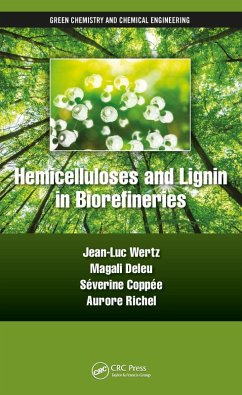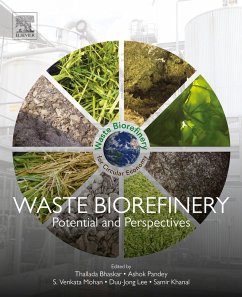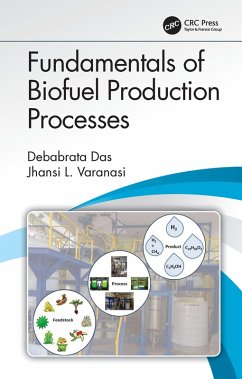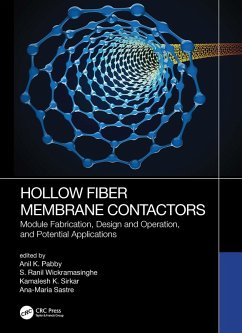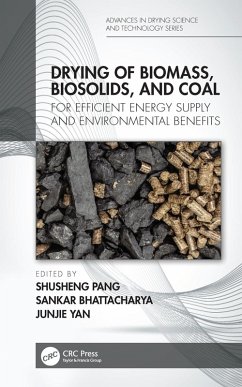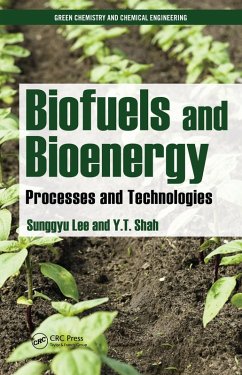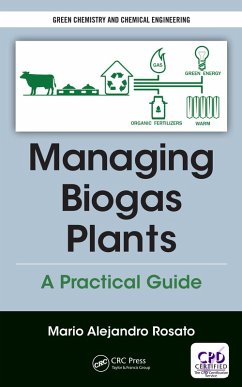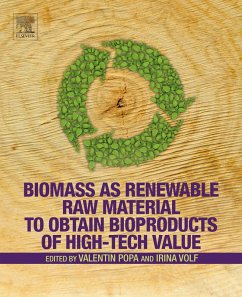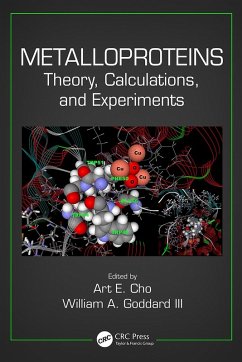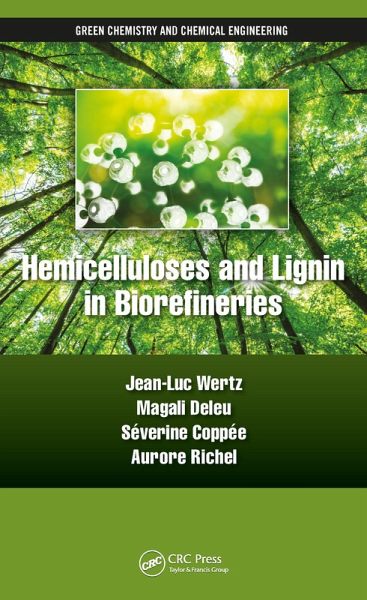
Hemicelluloses and Lignin in Biorefineries (eBook, ePUB)

PAYBACK Punkte
32 °P sammeln!
Hemicelluloses and Lignin in Biorefineries provides an understanding of lignocellulosic biomass, which is mainly composed of cellulose, hemicelluloses, and lignin. It promotes the valorization of these molecules in the context of the bioeconomy and presents hemicelluloses and lignin, which are generated in lignocellulosic biorefineries, as the molecules of the future. The viability of these molecules lies in their renewability and potential. This book covers all aspects of hemicelluloses and lignin including structure, biosynthesis, extraction, biodegradation, and conversion. The book also loo...
Hemicelluloses and Lignin in Biorefineries provides an understanding of lignocellulosic biomass, which is mainly composed of cellulose, hemicelluloses, and lignin. It promotes the valorization of these molecules in the context of the bioeconomy and presents hemicelluloses and lignin, which are generated in lignocellulosic biorefineries, as the molecules of the future. The viability of these molecules lies in their renewability and potential. This book covers all aspects of hemicelluloses and lignin including structure, biosynthesis, extraction, biodegradation, and conversion. The book also looks ahead to the socioeconomic and environmental value of biobased industry and emphasizes an understanding of the potential of lignocellulosic biomass.
Dieser Download kann aus rechtlichen Gründen nur mit Rechnungsadresse in A, B, BG, CY, CZ, D, DK, EW, E, FIN, F, GR, HR, H, IRL, I, LT, L, LR, M, NL, PL, P, R, S, SLO, SK ausgeliefert werden.





